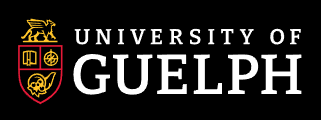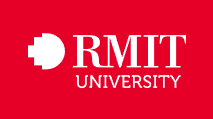On the Exclusion of Derivative Evidence Obtained from Illegal Evidence
DOI:
https://doi.org/10.63313/SSH.9008Keywords:
Illegal Evidence, Absolute Exclusion, Relative ExclusionAbstract
In judicial practice, the operation of the illegal evidence exclusion rule faces dif-ficulties, and the exclusion of derivative evidence obtained from illegal evidence has never been established in China's current legal texts. The normative purpose of the illegal evidence exclusion rule is: evidence must not be obtained by in-fringing upon the fundamental rights of the accused. Centered on this, it is nec-essary to judge whether the inherent defect of derivative evidence is a substan-tive defect, and then determine whether to exclude derivative evidence of illegal evidence through a balancing of interests. Constructing a "hierarchical" evi-dence review system combining pretrial conferences and trial-centered pro-ceedings will promote the exclusion of illegal evidence. Derivative evidence of illegal verbal evidence should be absolutely excluded, while derivative evidence of illegal physical evidence should be subject to a combination of absolute ex-clusion and relative exclusion.
References
[1] Gao, Y., & Wang, J. (2017). The "Fruit of the Poisonous Tree" Rule and Its Construction in China. People's Procuratorial Semimonthly, (21), 10–14.
[2] Yi, Y. (2016). The Chinese Paradigm of the Exclusionary Rule: An Analysis Based on 1459 Criminal Cases. Social Sciences in China, (01), 140–162, 206–207.
[3] Yi, Y. (2017). The Legislative Expression and Meaning Space of the Exclusionary Rule: A Doctrinal Analysis of Article 54(1) of the Criminal Procedure Law. Contemporary Law Re-view, *31*(01), 38–55.
[4] Song, Y. (2019). Criminal Procedure Law (6th ed.). Beijing: China Renmin University Press. pp. 186–187.
[5] Wu, H. (2017). The Basic Institutional Structure of Criminal Evidence Review. China Legal Science, (06), 167–186.
[6] Wu, H. (2016). Evidence Exclusion or Evidence Gatekeeping: An Empirical Study on the Exclusion of Illegal Evidence at the Prosecutorial Review Stage. Law and Social Develop-ment, *22*(05), 149–164.
[7] Liu, L. (2018). The Chinese Paradigm of the Exclusionary Rule: Dilemmas and Solu-tions. Wuhan University Journal (Philosophy & Social Sciences), *71*(06), 152–159.
Downloads
Published
Issue
Section
License
Copyright (c) 2025 by author(s) and Erytis Publishing Limited.

This work is licensed under a Creative Commons Attribution 4.0 International License.

















